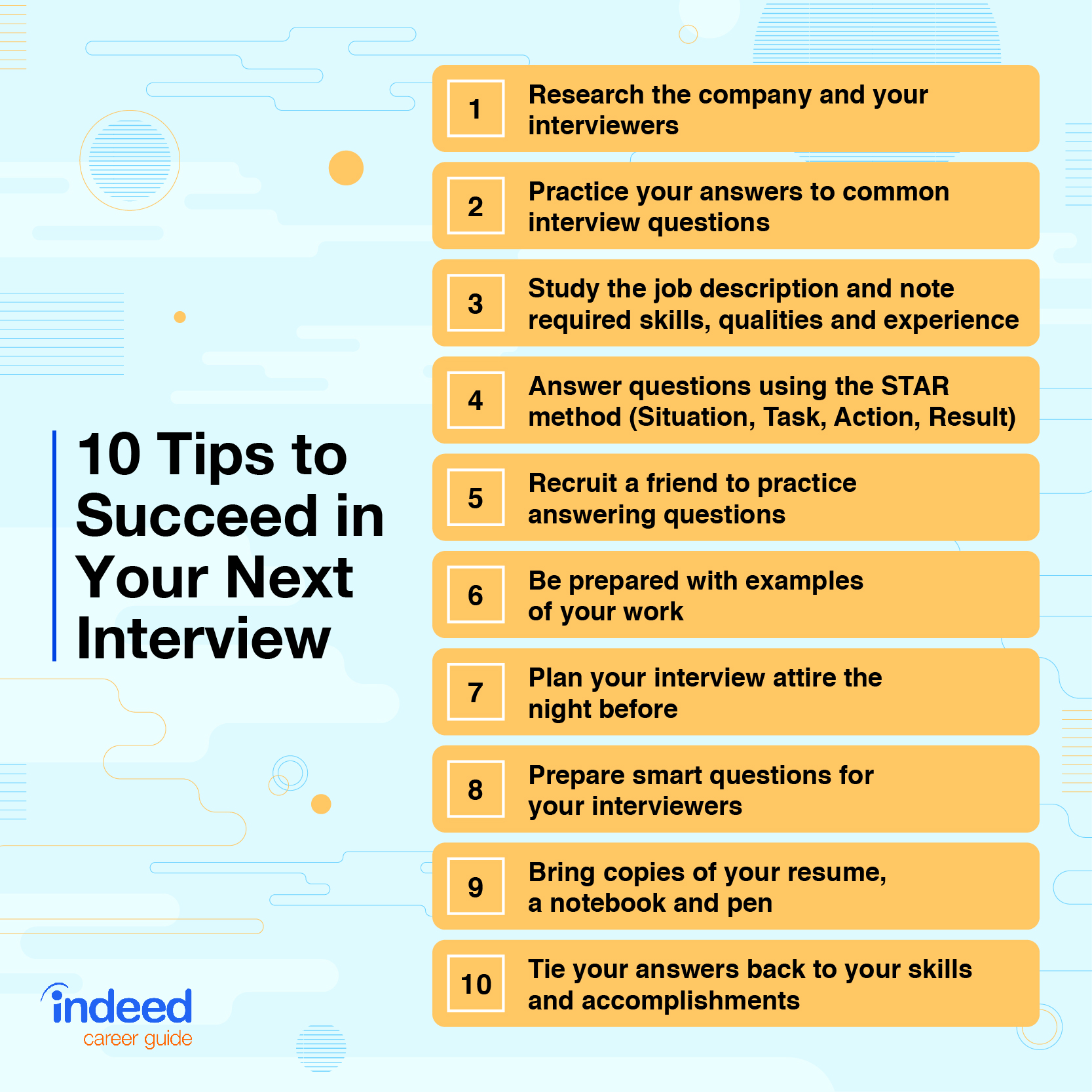

On the flip side, if you enjoy diving deep into the technical side of things, with the right mix of skills for business intelligence you can work a host of incredibly interesting problems that will keep you in flow for hours on end. There is so much flexibility and variety when doing BI that other IT-related paths seem too bland or streamlined for my liking.” However, I quickly got really fidgety, longing for some human interaction.

“Some people are made to spend long hours writing code.
Interview for it director business intelligence strategy professional#
This variety affords a great deal of flexibility without the need to completely shift your areas of expertise or skill set.įor example, if you enjoy computer science, programming, and data but are too extroverted to program all day long, you could work in a more human-oriented area of intelligence for business, perhaps involving more face-to-face interactions than most programmers would encounter on the job.Īs BI professional Martin at the BI Cortex explains: It’s FlexibleīI is a varied and expansive field, with many different areas to focus on or specialize in. Now that we’ve explored BI in a real-world professional context, let’s look at the benefits of embarking on this occupation. To understand this concept in a practical context, check out this video featuring an explanation from analyst Sonya Fournier: This all-encompassing branch of online data analysis is a particularly interesting field because its roots are firmly planted in two separate areas: business strategy and computer science. Why Shift To A Business Intelligence Career?

So, what skills are needed for a business intelligence career? How do you get into this field? Do you need a good business intelligence resume? What does a profession in this field look like? And what other things do you need to consider to succeed in a BI-based role? Here, we will answer all of these questions and more, starting with the reasons to migrate toward one of the exciting jobs that companies are currently offering in the digital world. To tap into one of the exciting business intelligence careers available in today’s business environment, you will first need to develop a mix of specific BI skills, which are numerous and apply to many industries, making the shift easier.

Moreover, companies that use BI analytics are five times more likely to make swifter, more informed decisions.ĭespite these findings, the undeniable value of intelligence for business, and the incredible demand for BI skills, there is a severe shortage of BI-based data professionals – with a shortfall of 1.5 million in the USA alone. The BI industry is expected to soar to a value of $26.50 billion by the end of 2021. 3) What Are the First Steps To Getting Started?ĭoes data excite, inspire, or even amaze you?ĭoes the idea of discovering patterns in large volumes of information make you want to roll up your sleeves and get to work? Do you find computer science and its applications within the business world more than interesting? If you answered yes to any of these questions, you may want to consider a career in business intelligence (BI).In the age of information, business information and intelligence, if utilized strategically, has the power to propel a business far above its competitors as well as exponentially boost brand awareness, internal engagement, organizational efficiency, and profitability.


 0 kommentar(er)
0 kommentar(er)
